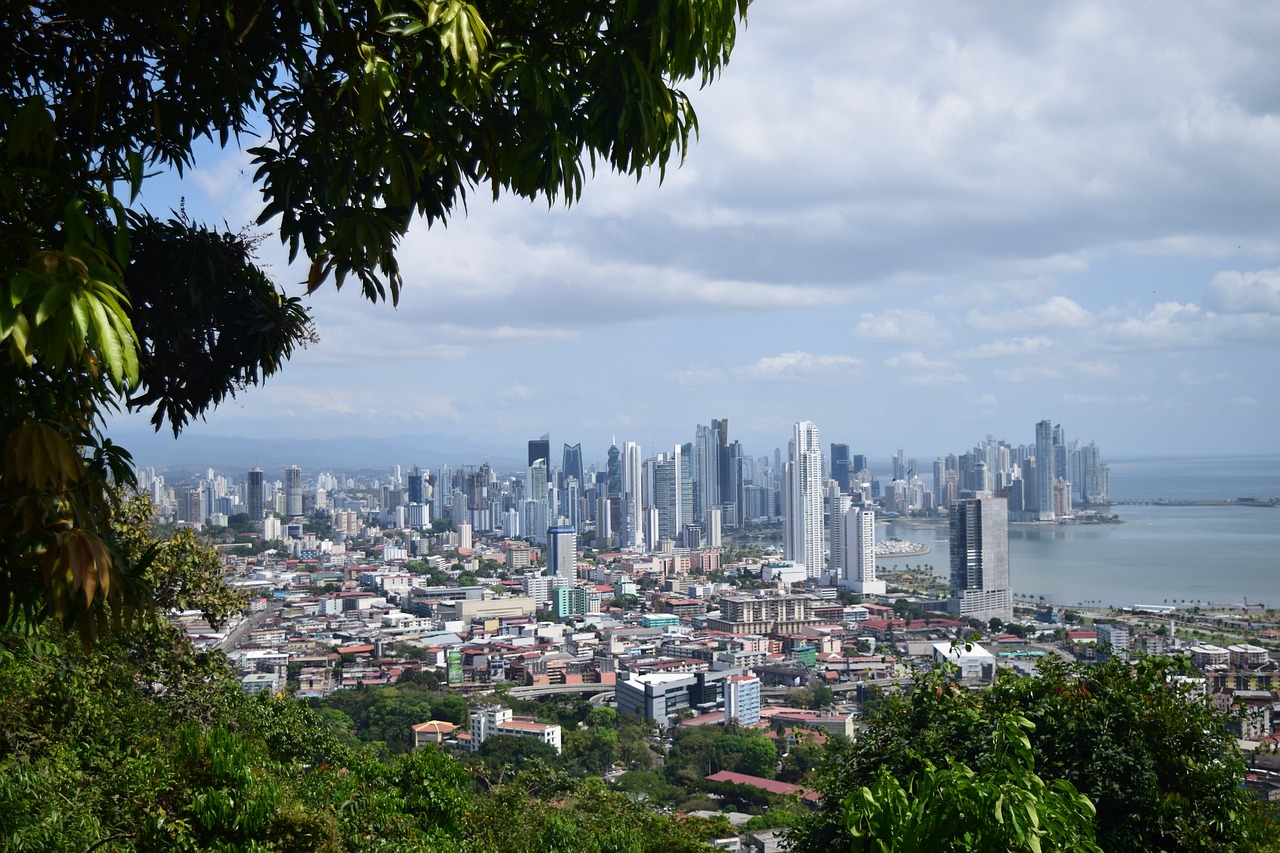Adapting to Panama Time Zones: Managing Remote Client Meetings
In today’s globalized world, remote work has become increasingly common. With teams and clients scattered across different time zones, it’s essential to adapt and effectively manage remote client meetings. This article will provide you with valuable insights and strategies for successfully handling remote client meetings while considering the time zone differences in Panama.
Understanding Panama’s Time Zone
Panama operates on Eastern Standard Time (EST) throughout the year. EST is UTC-5, which means it is five hours behind Coordinated Universal Time (UTC). It’s important to keep this time difference in mind when scheduling remote client meetings with individuals in other time zones.
- Time Zone Conversion Tools: To avoid confusion and scheduling mishaps, utilize online time zone conversion tools. Websites like timeanddate.com or worldtimebuddy.com allow you to input multiple time zones and easily determine suitable meeting times.
- Time Zone Awareness: Familiarize yourself with the time zones of your remote clients. Being aware of their local time can help you in selecting meeting times that are convenient for everyone involved.
- Consider Daylight Saving Time: Keep in mind that Panama does not observe daylight saving time. However, other countries may have different daylight saving time periods. Stay updated on any changes to time zones, especially if you regularly work with clients in countries that observe daylight saving time.
Scheduling Remote Client Meetings
When it comes to scheduling remote client meetings, effective communication and flexibility are key. Consider the following strategies to ensure smooth coordination:
- Establish Consistent Meeting Slots: If you frequently work with clients in a particular time zone, consider establishing consistent meeting slots that accommodate both parties. This approach simplifies scheduling and allows clients to plan their availability accordingly.
- Flexible Availability: Be open to adjusting your availability to accommodate clients in different time zones. This may involve early morning or late-night meetings, depending on the specific time difference. Demonstrating flexibility can strengthen client relationships and foster effective collaboration.
- Be Mindful of Busy Periods: Take note of public holidays and cultural events in your client’s country. Avoid scheduling meetings during these times, as they may interfere with your client’s availability or attention.
Effective Communication Strategies
Clear and efficient communication is crucial when managing remote client meetings. Consider the following strategies to enhance communication effectiveness:
- Provide Meeting Reminders: Send out meeting reminders well in advance, including the meeting time converted to your client’s local time zone. This helps avoid confusion and ensures that everyone is prepared and available.
- Use Collaborative Tools: Leverage collaboration tools such as video conferencing platforms, project management software, and instant messaging apps. These tools facilitate real-time communication and collaboration, regardless of geographical barriers.
- Document Meeting Agreements: After each client meeting, summarize the key discussion points, action items, and decisions made. Share these meeting minutes with clients to ensure alignment and provide a reference for future discussions.
Overcoming Language and Cultural Barriers
When working with clients from different countries, it’s important to consider language and cultural differences. Here are some tips for overcoming these barriers:
- Language Support: If language barriers exist, consider using translation tools or hiring interpreters to facilitate communication. This ensures that all parties understand each other clearly.
- Cultural Sensitivity: Be aware of cultural differences and adapt your communication style accordingly. Avoid assumptions and stereotypes, and strive to create an inclusive and respectful environment for all participants.
- Research and Learn: Take the time to research and familiarize yourself with your client’s culture, customs, and business practices. This demonstrates respect and can help build stronger relationships.
Managing Productivity Across Time Zones
Working across different time zones requires effective time management and productivity strategies. Consider the following approaches to optimize productivity:
- Establish Clear Deadlines: Clearly communicate project deadlines and expectations to your remote clients. This helps everyone stay organized and ensures that work progresses smoothly.
- Set Realistic Expectations: Understand the limitations and challenges posed by time zone differences. Be realistic about response times and turnaround expectations, taking into account the time required for communication and collaboration.
- Utilize Asynchronous Communication: Leverage asynchronous communication tools like email and project management platforms to minimize delays caused by time zone differences. This allows team members to respond and collaborate at their convenience.
Conclusion
Successfully managing remote client meetings across different time zones requires effective planning, communication, and adaptability. By understanding Panama’s time zone, being mindful of cultural differences, and implementing the strategies discussed in this article, you can ensure productive and successful remote client meetings.
Panama Image 1:

Suggest placing Image 1 after the 3rd section.
References
- timeanddate.com
- worldtimebuddy.com


